Drink-driving
Article 379 Penal Code
- Anyone who drives a motor vehicle or moped at a speed of sixty kilometres per hour on urban roads or eighty kilometres per hour on interurban roads in excess of that permitted by law shall be punished by a prison sentence of three to six months or by a fine of six to twelve months or by community service of thirty-one to ninety days, and in any case, by deprivation of the right to drive motor vehicles and mopeds for a period of more than one and up to four years.
- The same penalties shall apply to anyone who drives a motor vehicle or moped under the influence of toxic drugs, narcotics, psychotropic substances or alcoholic beverages. In any case, these penalties shall be imposed on anyone who drives with a breath alcohol level of over 0.60 milligrams per litre or with a blood alcohol level of over 1.2 grams per litre".
What is protected by drink-driving offences?
Road safety offences for drink-driving are of a collective nature and for public use. In fact, their purpose is to protect both the people who use the roads and the vehicles themselves. They used to be known as offences against traffic safety, but this name has been rendered obsolete by the latest amendments.
By considering alcohol consumption above a certain level as an offence, what is being done is not only to punish an action that may or may not happen (damaging the road itself and/or those who use it), but also the exceeding of a specific risk threshold. Drunk driving or driving under the influence of drugs entails a danger that is to be avoided.
What are the requirements for establishing the existence of an offence against road safety due to drink-driving?
Generally, judges, when interpreting the Criminal Code, establish two criteria to affirm the existence of the offence. On the one hand, practices related to reckless driving must have been carried out, such as, for example, driving in the wrong direction or at a speed much higher than that permitted on the urban or interurban road in question. On the other hand, this action must have involved endangering people on the road, whether drivers or pedestrians, or the road itself. This follows from Article 380 of the Penal Code.
However, these two cases can occur without the driver being in a state of drunkenness. Moreover, since alcohol does not affect everyone in the same way, it is even possible that he or she has not committed any of the above-mentioned offences. But the mere fact of having consumed alcohol, as well as any other narcotic substance or drug, already poses a high risk of this happening. This is why, when they test positive, they are charged with the offence of road safety offences.
In fact, if the drunk driver had acted with 'manifest disregard for the lives of others', then the penalties would always be at the highest end of the scale (Article 381 of the Penal Code).
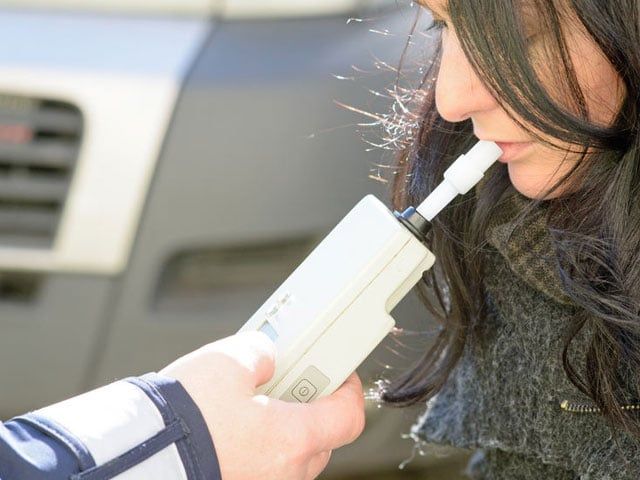
What happens if the driver objects to the breathalyser test?
To find out we have to turn to the provisions of Article 383 of the Penal Code. It states that in the event that the driver who commits the offence against road safety refuses to submit voluntarily to a breathalyser or drug test, the penalty would also go to the higher end of the scale. In other words, the offence would be treated in the same way as if he had shown such disregard for the lives of others.
What happens if the blood alcohol level is lower than what is considered a criminal offence?
Obviously, in order to give consistency to the rule and to set a series of tangible parameters, the legislator has included minimum values. Specifically, as we said earlier, it is necessary for the driver to have a blood alcohol level of more than 0.6 mg/litre in the breath test or 1.2 grams per litre in the blood test.
These levels are already a road safety offence in themselves. However, if they are lower, they do not. In that case, we would be talking about an action punishable by an administrative penalty and a fine, which would also entail the retention of the vehicle.
However, the driver can commit an action that can be classified as an offence against road safety in the form of reckless driving without the need to be under the influence of alcohol or drugs or below the minimum rate for it to be considered an offence.
In this case, alcohol acts as an aggravating factor in the offence and will therefore lead to the imposition of heavier penalties.
We take care of your defence in any offence against road safety or drink-driving offences.
If you have been stopped in a preventive breathalyser control and your alcohol level exceeds 0.6 grams per litre of exhaled air or 1.2 grams per litre of blood; if you have been involved in a traffic accident and in the subsequent analysis you have tested positive, contact us; we will be able to defend you. Bear in mind that these types of offences are dealt with by the Speedy Trial procedure, so it is essential that you put your defence in the hands of an expert lawyer as soon as possible.
The criminal lawyers in Madrid of G. Elías y Muñoz Abogados, with professional offices in Madrid, Majadahonda and Pozuelo de Alarcón, are specialists in resolving any problem that may arise from drug trafficking offences.
News in criminal law
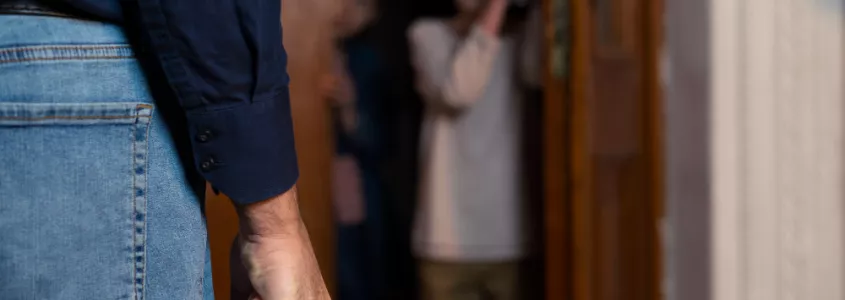
Restraining orders for minor offences are legal measures designed to protect a victim from approaching or coming into contact with the offender. Their aim is to...
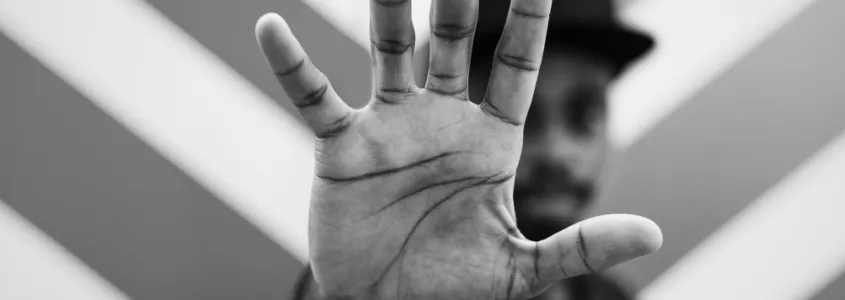
As a result of the reform of the Criminal Code in 2015, there are many actions that can constitute a hate crime. In any case, there is something that all these...

Social media and, in general, the spread of the internet to all areas of life has brought many good things. However, not everything is positive. The best...
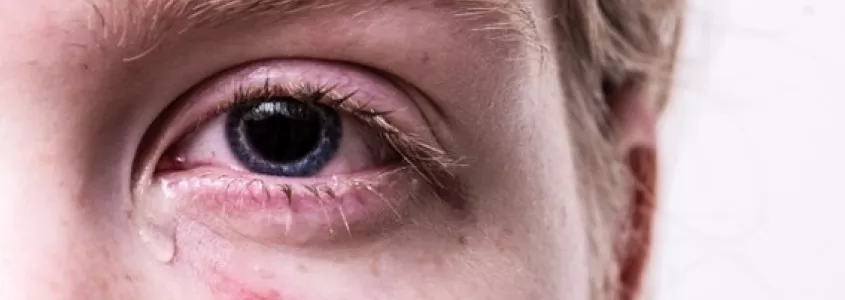
The offence of grievous bodily harm is a type of offence committed when someone causes injury to another person, but without causing a serious enough injury to...
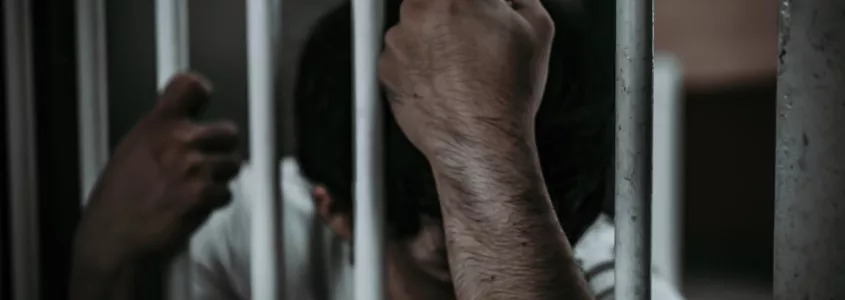
Pre-trial detention and pre-trial detention are precautionary measures which, as their names suggest, deprive the accused or person under investigation of their...
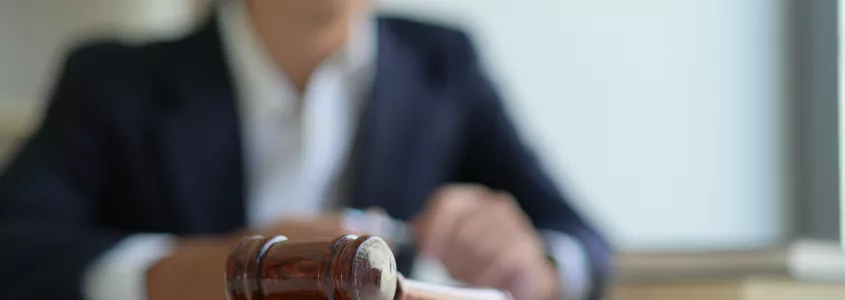
A judicial notice is a procedural act by which a judge brings certain information to the attention of a person. Generally, it is an order, resolution or...

It is never a good idea to hide or make your assets disappear in order to avoid paying a debt. The reason? You are committing the offence of concealment as...
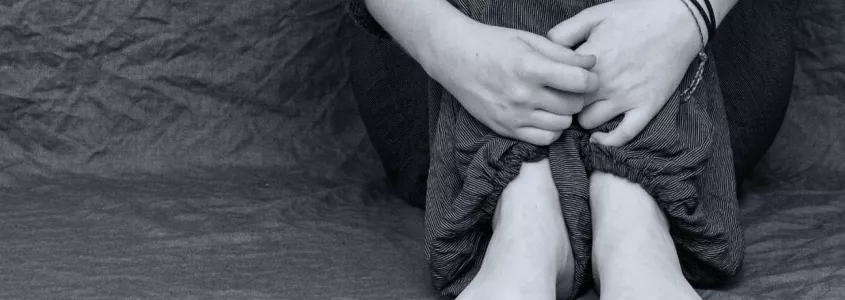
In recent years and nowadays, with the advent of technology, mobile phones, social networks, etc., there have been more and more cases of harassment, and it is...
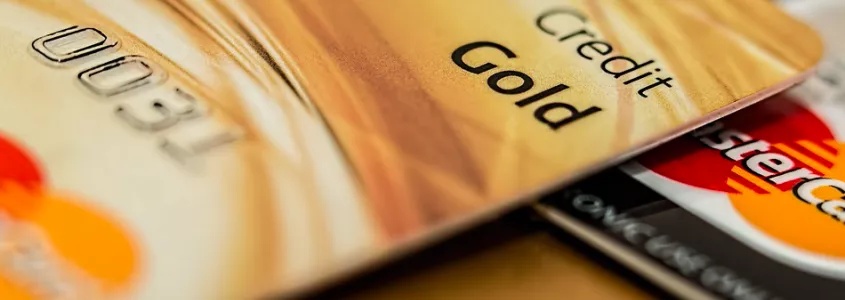
The offence of forgery, due to its overtly technical nature, is not very well understood, at least not accurately, by most people. In order to fully understand...
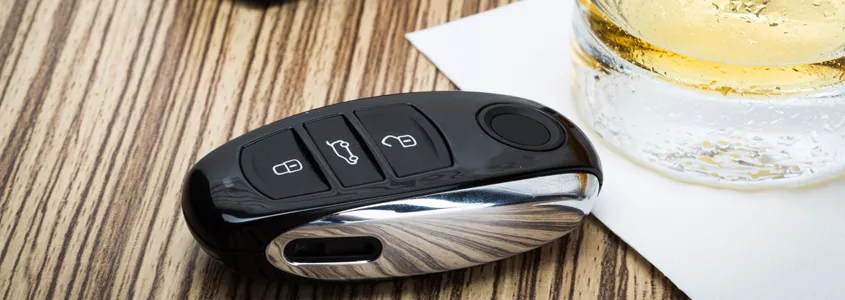
There are numerous cases that a law firm receives, where drivers of vehicles on the road exceed the legal limits allowed for alcohol consumption in a traffic...

Generally, when we think of criminal liability arising from the commission of crimes, we all think of it as being the property of natural persons. However...

Victims of criminal offences have a series of rights during the judicial proceedings and even after the proceedings have taken place. All of them are set out in...